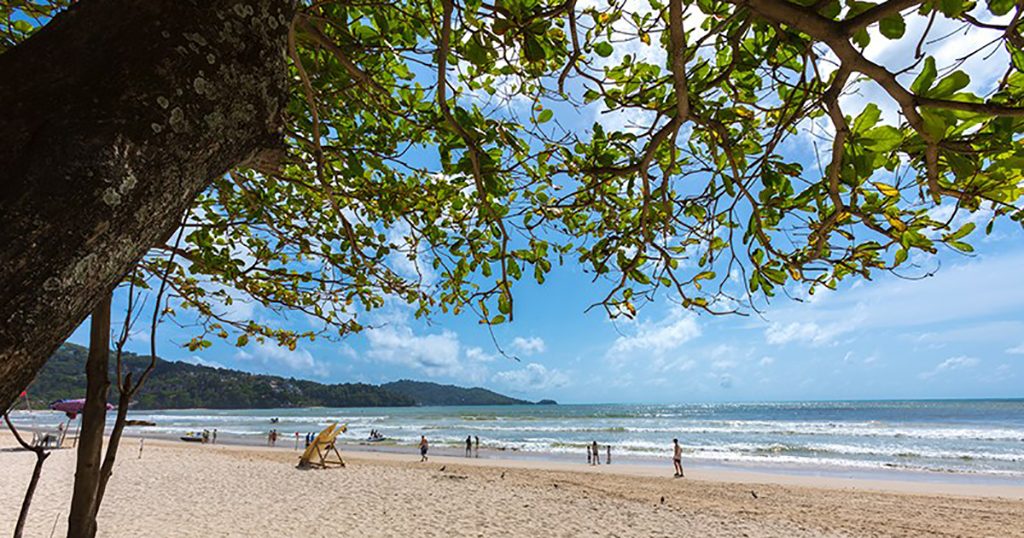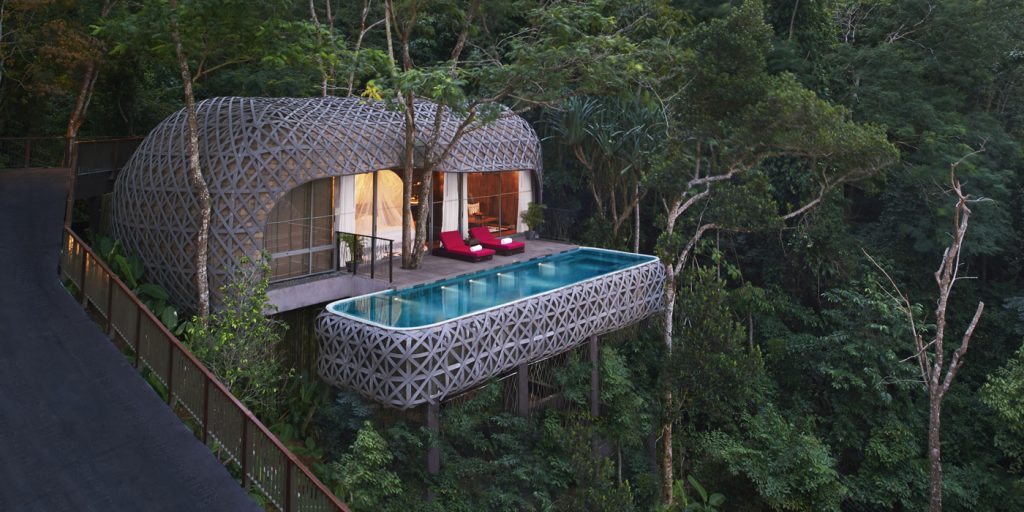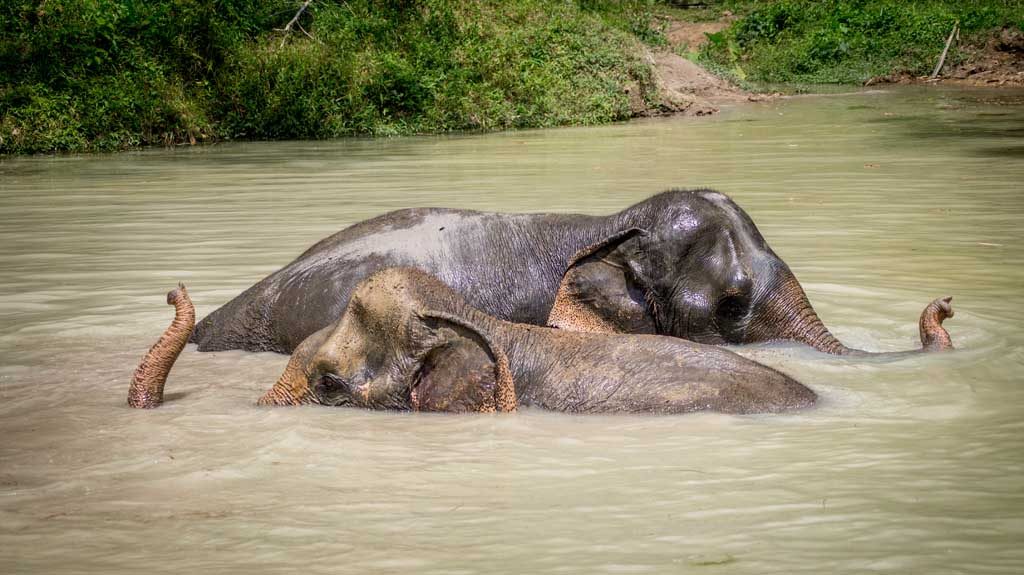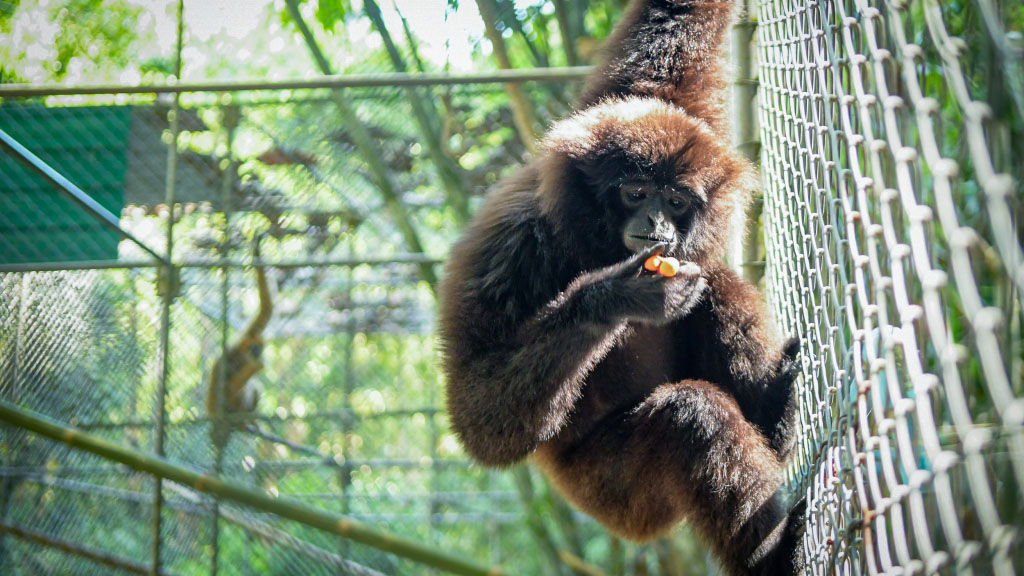Phuket is ticking plenty of boxes for responsible travellers looking for sustainable accommodation and attractions. Travel editor Aleney De Winter shows how to plan a sustainable holiday in Phuket.

With its balmy evening breezes, swaying palms and stretches of glorious white-sand beach, it’s no big surprise that Phuket is at the top of most Aussies’ Thailand holiday hit parade. But while fun-filled Phuket has long provided a wonderful tropical break with hospitable locals, luxurious resorts and irresistible food, these days it’s also ticking all the boxes for responsible travellers looking for sustainable tourism offerings.
Responsible travellers play a part in protecting the environment and cultural welfare of the destinations they visit, and the Thai Government is making it easier than ever for visitors to do just that, taking drastic steps to improve sustainability throughout the Kingdom and ensure that the impacts of tourism are positive.
The government has not only temporarily closed access to those ecosystems most at risk – including iconic Maya Bay on the island of Phi Phi Leh, which will remain closed until 2021 to allow its ravaged reefs to recover – they have implemented a bold series of admirable environmental measures.

This starts with a total smoking ban on 20 Thailand beaches, including Phuket’s busy Patong Beach and those on the nearby Phang Nga Islands, where cigarette butts have become a major pollutant, toxic to the marine life. The No Foam No Plastic campaign has seen a ban on single-use plastics in all 154 national and regional parks around the country, and will see single-use plastic bags and foam containers eradicated entirely by 2021.
Sustainable Hotels
For visitors wanting to make a positive impact on the environment and support local communities in doing so, here’s how to enjoy a sustainable stay, in five-star style.

Start by choosing a hotel with strong stance on sustainability. Keemala is one five-star resort committed to best environmental practices. The plastic free luxurious retreat set in the Kamala rainforest is highly regarded for their sustainable garden-to-table culinary approach, plastic waste free policy, ethically sourced materials, and commitment towards the ethical treatment of animals. Guests can also support hotels such as the JW Marriott Phuket Resort & Spa, Marriott Vacation Club International and Anantara Hotels and Resorts that support environmental conservation projects like the Mai Khao Marine Turtle Foundation whose Nesting Beach Patrols and Hatchery protect and assist endangered turtles.
Sustainable dining
Five-star dining needn’t come at the cost of the environment either. Phuket’s only Michelin starred restaurant, Pru Restaurant at Trisara Resort, offers a delectable farm-to-table experience using produce grown organically at Trisara’s working farm, foraged locally or sourced from local farmers, fishermen and purveyors engaged in sustainable processes.

Sustainable tours and attractions
And just because Maya Bay is off limits, it doesn’t mean visitors can’t still explore unspoilt stretches of the Andaman Sea. Paddle Asia’s low impact kayak expeditions are the ideal way to explore Phuket’s most pristine sections of coastline while protecting the marine ecosystem.

It should go without saying that it is best to avoid any attraction in Phuket that exploits wildlife. Skip elephant rides and performances for a conservation-based elephant experience. Phuket Elephant Sanctuary offers one of the best. A home for retired working elephants, the emphasis here is on ethical, animal-friendly interaction with elephants, as they are rehabilitated into forest life after being rescued or retired from logging and elephant trekking.

The Gibbon Rehabilitation Project in Paklok is another sanctuary that’s doing its bit to rescued mistreated gibbons that have been kept in captivity or used for the tourist trade, with an aim of rehabilitating and releasing them back into the wild. Visitors can learn about the plight of the gibbons at the environment and wildlife centre, as well as watching some of the resident gibbons from the purpose-built viewing platforms.
